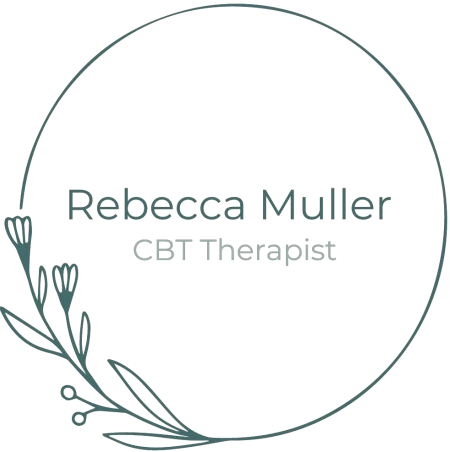You may have seen recent news about the Nova music festival attack in Israel and research suggesting that some survivors who had taken MDMA (ecstasy) before the attack experienced fewer trauma symptoms afterwards. As a therapist with a special interest in trauma, I find this research fascinating - not because it suggests recreational drug use, but because it helps us understand how our brains process traumatic experiences.
How Our Brains Process Trauma
When we experience something traumatic, our brains can sometimes "file" the memory differently than normal experiences. Instead of being stored as a regular memory, traumatic memories can remain "stuck" in a more primitive part of the brain, continuing to trigger stress responses long after the danger has passed.
What this new research from Haifa University suggests is that certain neurochemical states might affect how these memories are processed initially.
What's Happening in the Brain?
The researchers believe MDMA may have offered some protection by triggering the release of oxytocin - often called the "bonding hormone." This might have helped survivors maintain social connections during the trauma, potentially making them more open to support from others afterwards.
This aligns with what we already know about trauma recovery - that social connection and support are crucial protective factors. Feeling connected to others during and after a traumatic event can significantly impact how we process the experience.
What This Means for Therapy
While I'm certainly not suggesting recreational drug use, this research highlights important mechanisms that effective trauma therapies already target:
- Creating safety and connection in the therapeutic relationship
- Working with the body's natural ability to process difficult experiences
- Understanding how our brain chemistry influences trauma processing
In my practice, I use evidence-based approaches like EMDR and trauma focused CBT that help your brain reprocess traumatic memories naturally. These therapies work with your brain's own healing mechanisms to help "unstick" traumatic memories.
Moving Forward
What I find most valuable about this research is the reminder that our brains have remarkable natural capacities for healing, and that how we process trauma isn't set in stone. It reinforces the importance of early intervention and creating safe, supportive environments for trauma recovery.
If you're struggling with the aftermath of a traumatic experience, please know that effective, evidence-based treatments are available. While the journey may not be easy, healing is possible, and research continues to enhance our understanding of how to support it.
I'm always here if you'd like to discuss how therapy might help you process difficult experiences and move forward in your life.
